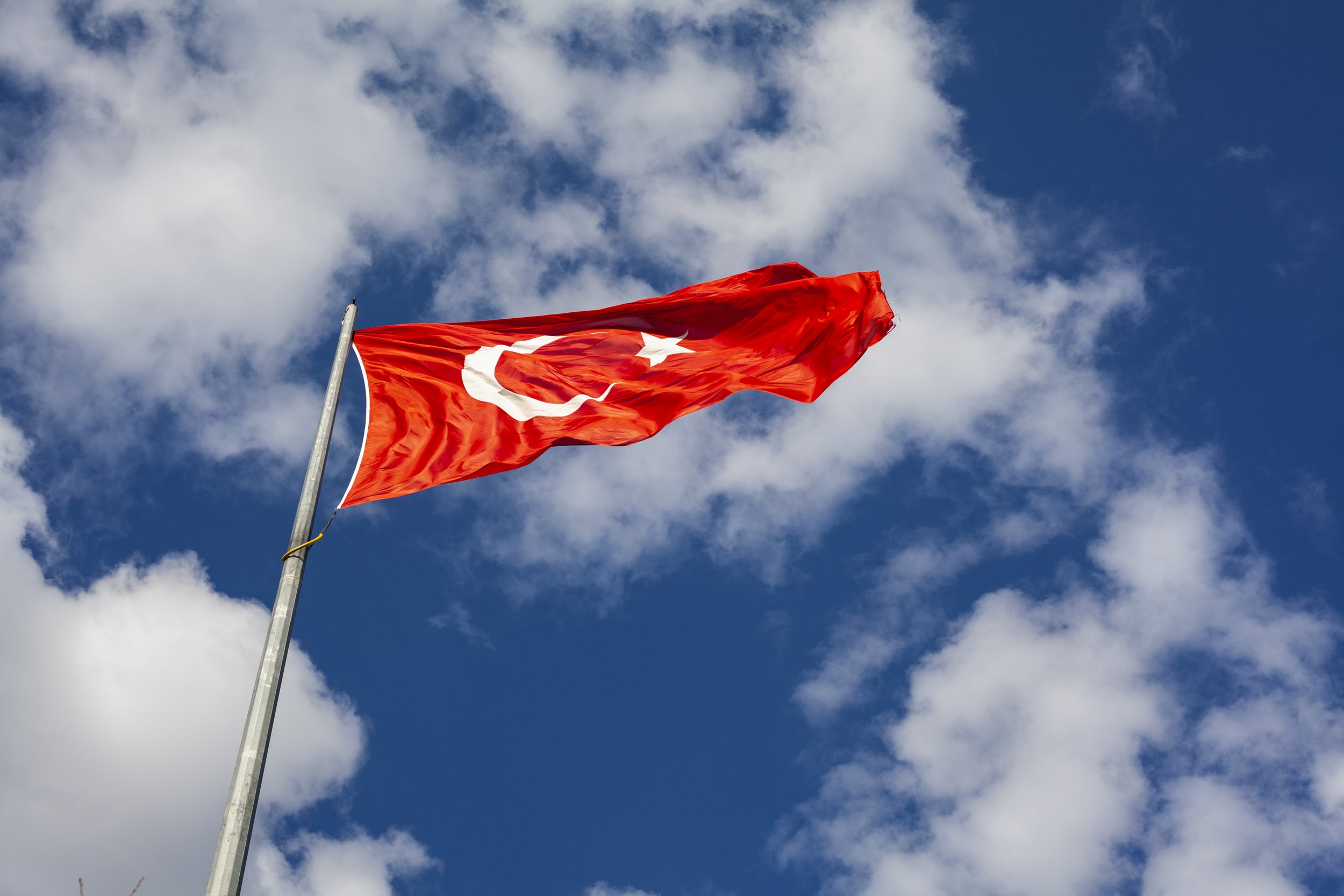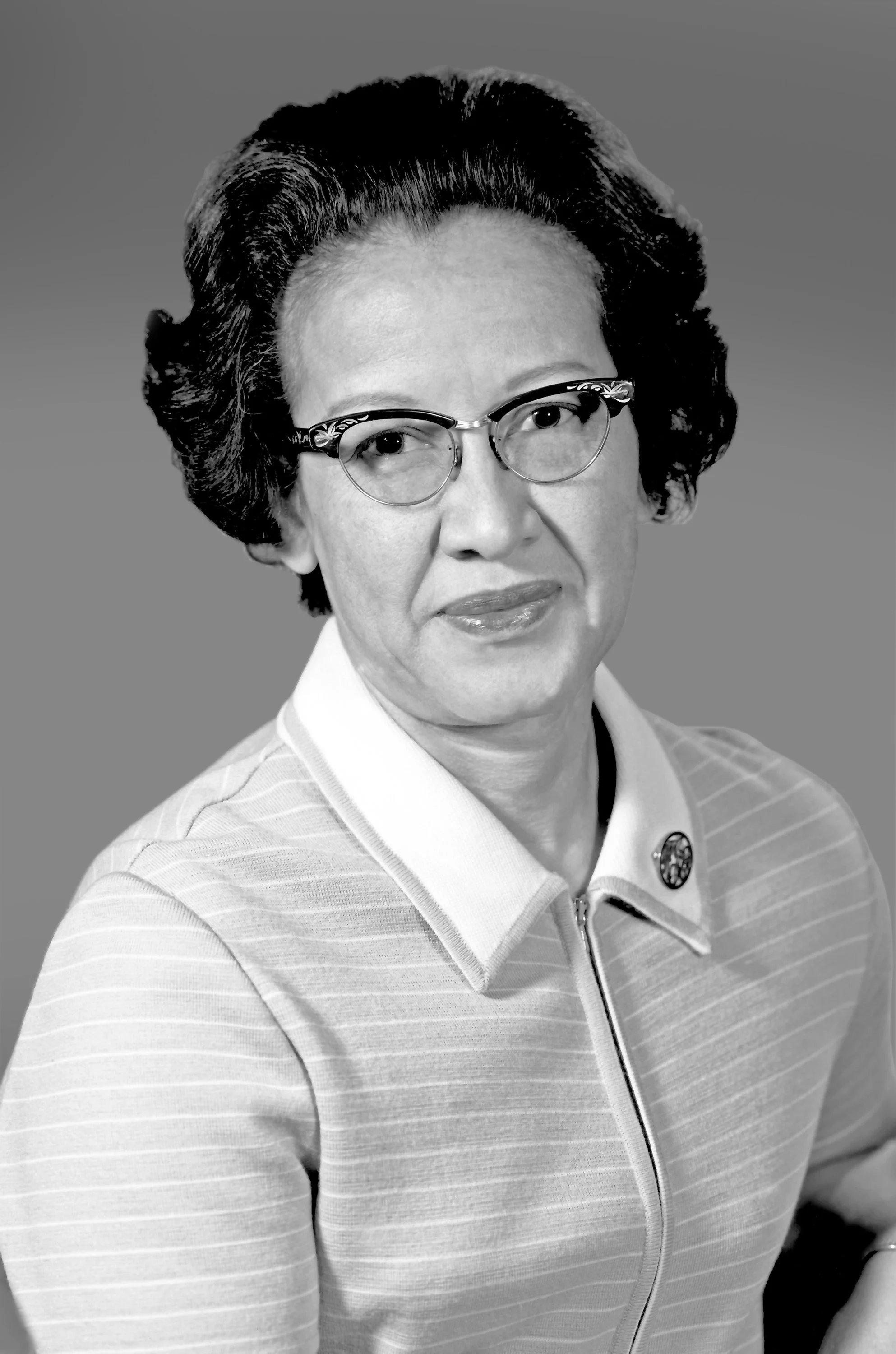Again…Greed Kills
The flag of Turkey; photo from Pexels by Engin Akyurt.
Jarrett Borkowski
Fukushima Daiichi, Bhopal, Kahramanmaraş; all of these are locations of horrific disasters. Fukushima Daiichi, a Japanese nuclear power plant, was rocked by an earthquake and tsunami in 2011. Incompetence of the plant’s ownership and Japanese government resulted in the partial nuclear meltdown of multiple reactors, contaminating the surrounding areas for decades. The disaster is credited as one of the main reasons Prime Minister Naoto Kan resigned from his role after pressure mounted on him for his cabinet's and his response to the disaster. Bhopal was the site of the worst industrial accident in human history. To improve profits and lower manufacturing costs, a plant producing pesticides used dangerous production techniques and ignored warnings of a disaster. Eventually, a leak of highly toxic methyl isocyanate into the atmosphere resulted in a death toll estimated to be as high as 16,000, with over half a million experiencing non-fatal injuries. Kahramanmaraş is the latest to be on the list of disasters that were either preventable or ones that could’ve been less devastating if it weren’t for greed and incompetence.
Kahramanmaraş is one of the largest of the 81 provinces in Turkey, and the epicenter of a massive earthquake that affected Turkey and neighboring Syria. What many people don’t understand is that poor infrastructure, not the quake, kills people. Places like the American west coast and Japanese eastern coast, areas that experience some of the strongest earthquakes in the world, have infrastructure that is far better equipped to handle seismic activity than those in the middle east, such as Turkey.
Kahramanmaraş’ general infrastructure is poor to say the least. Since 1999, calls have been made to improve infrastructure throughout Turkey. That year, a 7.6 magnitude earthquake hit the major city of Istanbul, resulting in the death of up to 17,000 Turkish residents. Another earthquake in 2011 killed hundreds more. With cries from the Prime Minister blaming poor infrastructure for the deaths, it looked as if general reform was going to happen in Turkey. As a result of the 1999 quake, the Turkish government imposed a new tax to go towards earthquake preparation and relief. Since then, estimates have the government collecting around 80 billion Lira (Turkish currency).
Since 2012, however, the Turkish government has censored all public disclosure on government spending. However, government leaks have shown only 350 million Lira actually going into funding. With the total in taxes collected by the government, nearly 800,000 housing units could have been made to withstand earthquakes. When questioned on where the spending went, the government stated that it was used to “build a road” but could not point out where said road was built. With corruption being rampant in Turkey, it is likely that many public and government officials have pocketed a large portion of that money.
One of the worst parts is that the initial earthquake killed only a part of the total deaths. Aftershocks have killed many people; many rescue workers have died and a large portion of those who initially survived the quake perished after below-freezing temperatures slowly drained their energy and slowed down the overall recovery process. Additionally, the recovery process was done by many untrained professionals as the government was egregiously slow to respond to the disaster. It took well over a day for any sort of government help to show up in the hardest hit area.
This comes on the eve of a likely election coming up. The current regime has been in power for over 20 years. Recep Tayyip Erdroğan served as the Prime Minister of Turkey from 2003-2014 and became the President in 2014. Since then, he has implemented multiple policies to increase his power, such as dissolving the position of Prime Minister. Just recently, he has announced that the expected elections will still take place, even though places devastated by the quake quite literally don’t have any places to hold voting polls. Some see this as a way for Erdroğan to suppress the vote of those who have criticized him for the horrific management of earthquake prevention and relief.
This is one of the worst natural disasters in human history. In the modern day, in a country such as Turkey, there is no excuse for the underdeveloped infrastructure that has resulted in the substantial loss of life. The greed officials like Erdroğan have shown in the past point towards only one conclusion: they are the reason these people are dead.
As of the publishing of this article, the death total from the earthquake has passed 50,000 and continues to rise by the hour.






